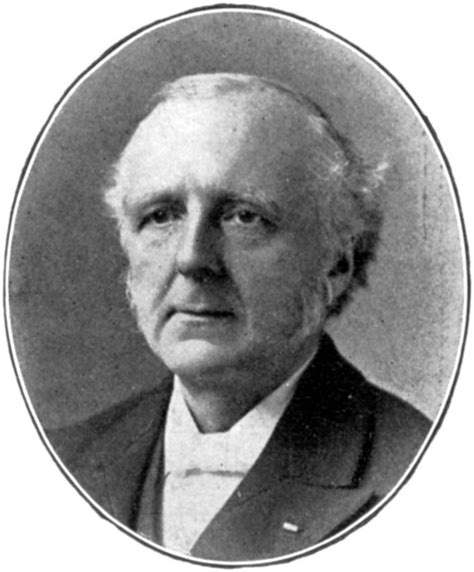A Quote by John Piper
Related Quotes
We want to be saved from our misery, but not from our sin. We want to sin without misery, just as the prodigal son wanted inheritance without the father. The foremost spiritual law of the physical universe is that this hope can never be realized. Sin always accompanies misery. There is no victimless crime, and all creation is subject to decay because of humanity’s rebellion from God.
Hell is hot, fire. But I tell you, you are providing your own coal. This is how things are: If you move against nature you will be in misery. Misery means moving against nature, and misery is a good indication - if you understand. It shows that somewhere you are going wrong, that's all. Put things right! Misery is a help. Anguish, anxiety, tension, are indications that somewhere something is going wrong. You are not with the total. Somewhere you have started your own private movement - and then you will be in misery.
Religion informs us that misery and sin were produced together. The depravation of human will was followed by a disorder of the harmony of nature; and by that Providence which often places antidotes in the neighborhood of poisons, vice was checked by misery, lest it should swell to universal and unlimited dominion.
Every person in the world is by nature a slave to sin. The world, by nature, is held in sin's grip. What a shock to our complacency- that everything of us by nature belongs to sin. Our silences belong to sin, our omissions belong to sin, our talents belong to sin, our actions belong to sin. Every facet of our personalities belong to sin; it own us and dominates us. We are its servants.
Sin also carries on its war by entangling the affections and drawing them into an alliance against the mind. Grace may be enthroned in the mind, but if sin controls the affections, it has seized a fort from which it will continually assault the soul. Hence, as we shall see, mortification is chiefly directed to take place upon the affections.
Despair is the price one pays for setting oneself an impossible aim. It is, one is told, the unforgivable sin, but it is a sin the corrupt or evil man never practices. He always has hope. He never reaches the freezing-point of knowing absolute failure. Only the man of goodwill carries always in his heart this capacity for damnation.
The man who knows God but does not know his own misery, becomes proud. The man who knows his own misery but does not know God, ends in despair...the knowledge of Jesus Christ constitutes the middle course because in him we find both God and our own misery. Jesus Christ is therefore a God whom we approach without pride, and before whom we humble ourselves without despair.





































